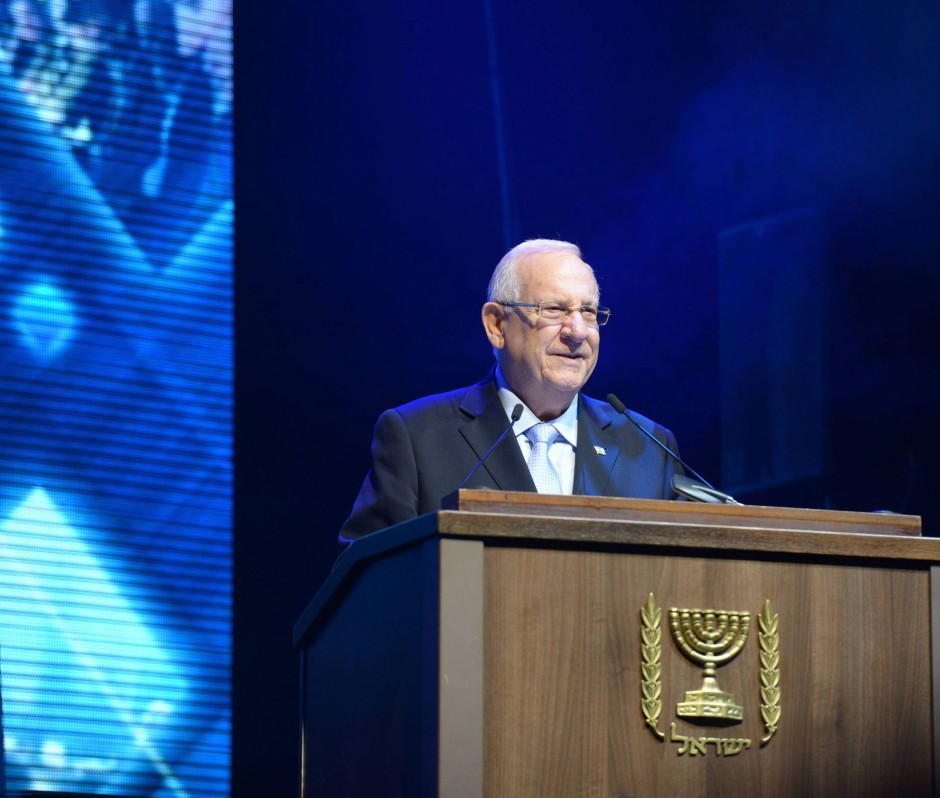Speaking at yesterday’s funeral of Eitam and Naama Henkin, the young Israeli couple fatally shot by Palestinian terrorists in the West Bank on October 1, Israeli President Reuven Rivlin delivered a speech that seriously calls into question yet again Israel’s commitment to a two-state solution.
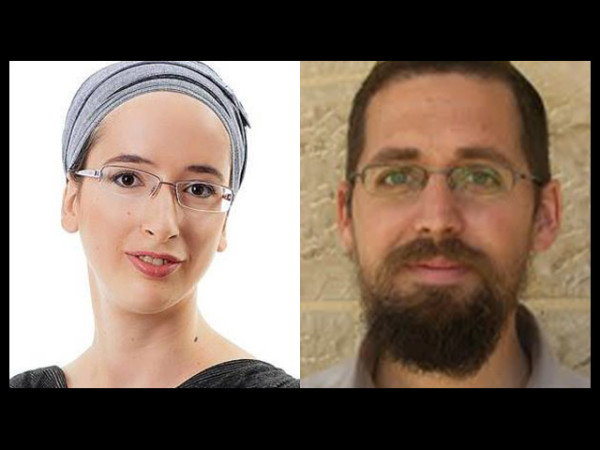
In eulogizing the Henkins, Rivlin made a troubling reference to the West Bank, where the Henkins lived in a settlement. “The land is ours in its entirety,” he said. Adding that settlement construction in the West Bank would continue, he observed, “We didn’t build because of terror, and we won’t stop building because of it.”
On a personal level, Rivlin’s comments were not in the least surprising. Although he’s a defender of the rights of the Arab minority in Israel, he’s a dyed-in-the-wool Likudnik who abhors the notion of territorial compromise in the West Bank, which should be an integral part of a future Palestinian state.
By having used his high office to propagate intrinsically rejectionist views totally at odds with the spirit of a fair resolution of Israel’s conflict with the Palestinians, he conveyed the unmistakable message that Israel can do what it pleases in the West Bank, regardless of domestic or international consequences. When he told Jewish settlers and their supporters at the Henkin funeral that Israel is entitled to keep every square kilometer of the West Bank, he issued a defining and defiant statement of Israel’s ultimate intentions. He said that land is more important than peace.
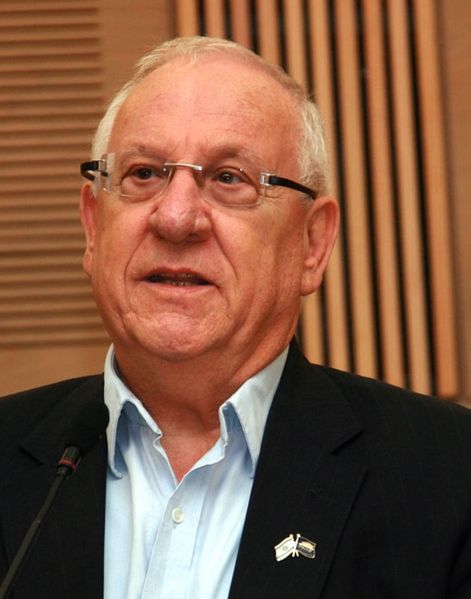
Rivlin seems to think that the West Bank is an empty place up for grabs, not the home of more than one million Palestinian Arabs who yearn for independence. His remarks remind me of an old and discredited Zionist slogan — “A land without a people for a people without a land” — which was spouted by some blinkered Zionists in the late 19th and early 20th centuries. They thoughtlessly assumed that Palestine was bereft of Arabs, when in fact they formed a clear majority of Palestine’s population until the first Arab-Israeli war in 1948.
A month ago, Prime Minister Benjamin Netanyahu said he was ready to enter into direct peace talks with the president of the Palestinian Authority, Mahmoud Abbas. Netanyahu’s declaration spurred U.S. Secretary of State John Kerry to optimistically opine that peace negotiations can be relaunched.
The last round of talks, initiated and sponsored by the United States, floundered in the spring of 2014 after nine months of sporadic discussions.
In light of Rivlin’s comments, one must wonder whether Israel is sincere about restarting peace talks in good faith. What is there to discuss when Israel claims the West Bank? The Likud, Netanyahu’s party, does not even officially support Palestinian statehood. Netanyahu, in the last election campaign, said he would not permit the rise of a Palestinian state during his premiership. Israel’s defence minister, Moshe Yaalon, has expressed doubt whether Palestinians will achieve statehood during his lifetime.
Meanwhile, Israel continues to expand settlements in the West Bank, leaving the Palestinians seething with anger, frustration, disillusionment and on the cusp of a third uprising.
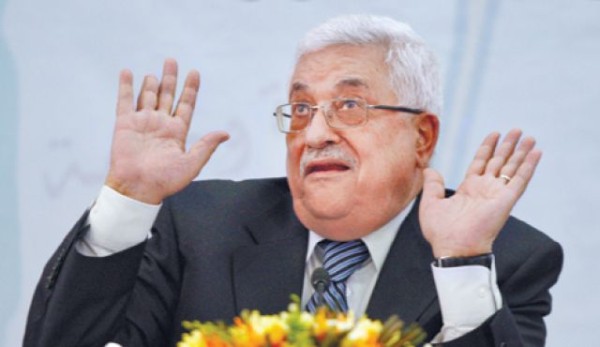
Judging by Abbas’ speech to the United General Assembly on September 30, the mainstream Palestinian leadership has virtually given up on the prospect of a negotiated settlement. As Abbas said, the Palestinians are no longer bound by the 1993 and 1995 Oslo accords.
He did not elaborate, but for months now he has been threatening to end security cooperation with Israel and dissolve the Palestinian Authority. Having always stopped short of carrying out these threats, he has instead sought international recognition of Palestinian statehood in a bid to exert diplomatic pressure on Israel. With this purpose in mind, the Palestinian Authority has joined a succession of United Nations agencies, as well as the International Criminal Court.
Some Palestinians, however, have rejected the path of diplomacy. Hamas, which has ruled the Gaza Strip since 2006, has fought three wars with Israel in the past seven years. And in the West Bank, individuals and organizations have launched lone wolf and organized attacks on Israeli soldiers and civilians.
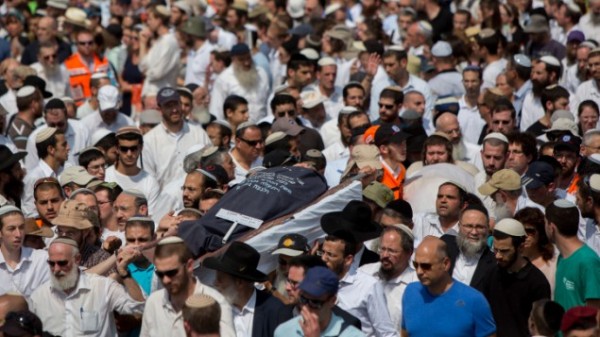
The Henkins, the most recent victims of Palestinian terror, were ambushed by a branch of the Al Aqsa Martyrs Brigade, a Fatah group which played a considerable role during the second intifada. In recent months, Palestinians have murdered Danny Gonen and Malakhi Rosenfeld in the West Bank. And in East Jerusalem, Palestinians threw stones at the car of Alexander Levlovich, causing him to lose control of his vehicle in a fatal crash.
Amid these incidents, Jewish extremists firebombed a home in the West Bank village of Duma, killing several members of a Palestinian family.
The violence is likely to flare up again and again, needlessly claiming the lives of Jews and Arabs, unless both sides reach an equitable and durable peace agreement that partitions the land. Absent partition, further bloodshed is a certainty in the West Bank, if not in Israel itself.
With tensions running so high, public figures like Rivlin should exercise restraint. He should be talking about peace and coexistence rather than promoting settlements in the West Bank. The settlements do not contribute to Israel’s security, embitter the Palestinians, isolate Israel on the world stage and are a financial burden on Israeli taxpayers.
As Yitzhak Rabin once said in a moment of candor, they’re a cancer in Israel’s body politic.
Israel will pay dearly for its folly if it doesn’t wise up soon.
